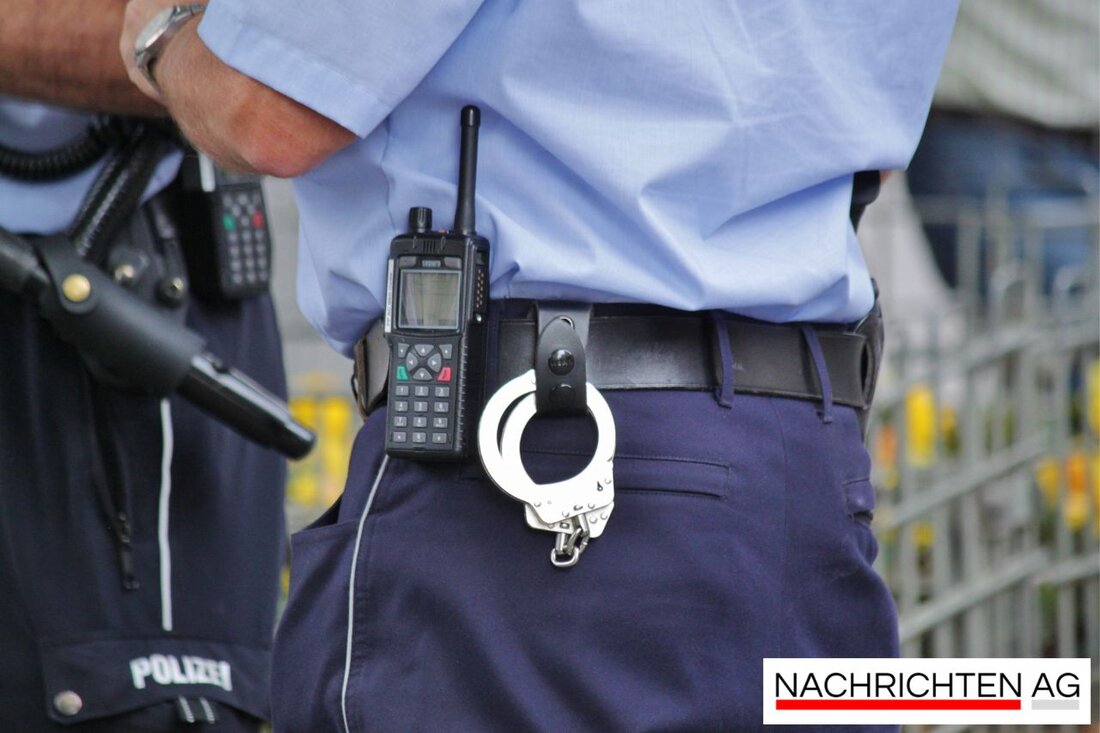Climate adhesive back in Munich: blockade in the middle of rush hour traffic!
Protest actions by climate activists in Munich on September 9, 2025: Blockade at the Arnulfstraße traffic junction.

Climate adhesive back in Munich: blockade in the middle of rush hour traffic!
On September 9, 2025, Munich again experienced a blockade by the group of “climate gluers” who gathered at the Arnulfstrasse traffic junction at the corner of Donnersbergerbrücke. The action took place at around 7:45 a.m., reminiscent of previous protests from 2022. Despite the usual traffic jams in other years, morning rush hour traffic was spared major disruptions, as merkur.de reported. Police reported that the protesters were soon removed from the street.
Activists of the “last generation” have repeatedly made the headlines in recent years due to their spectacular forms of protest. Activists, among other things, stuck themselves on motorway signs in Munich or blocked central squares like the Stachus to draw attention to the urgency of climate protection. This resistance, which has become common practice for many in recent years, is also part of a broader movement which, according to surveys by ARD and ZDF, shows that 44 percent of Germans demand faster measures in climate protection, but 85 percent reject the methods of the “last generation”. This leads to a divided opinion in society.
The context of the protests
The group “Last Generation” was founded in 2021 and is now considered one of the most influential climate protest organizations in Germany. Their goal is to use civil disobedience to put pressure on political decision-makers and to raise awareness of the pressing climate issues, as tagesschau.de demands. There have been various actions in the recent past, including sticking people on highway signs and occupying central streets.
Protests of this kind not only have an impact on traffic, but also on public consciousness. Vincent August from Humboldt University has found that radical actions often do not produce a negative backfire effect. While 13 percent of those surveyed support the actions, activists' ongoing efforts to hold discussions with political actors have so far had only limited success, although the discussion about climate protection remains urgent.
The social relevance
As the return of climate stickers shows, the activists' concerns are still relevant. Some citizens find the disruption to everyday life caused by the blockades to be burdensome, but activists argue that such drastic measures are necessary to not only attract attention, but also to integrate concrete demands into the political discourse. These include, among other things, a speed limit of 100 km/h on motorways and a nine-euro ticket to promote environmentally friendly mobility, such as tz.de clarifies.
It remains to be seen how the actions of the “Last Generation” will affect public opinion in the future and whether they can initiate the necessary process of change in climate protection. One thing is clear, however: There will be no “business as usual”. There is indeed something there!

 Suche
Suche
 Mein Konto
Mein Konto